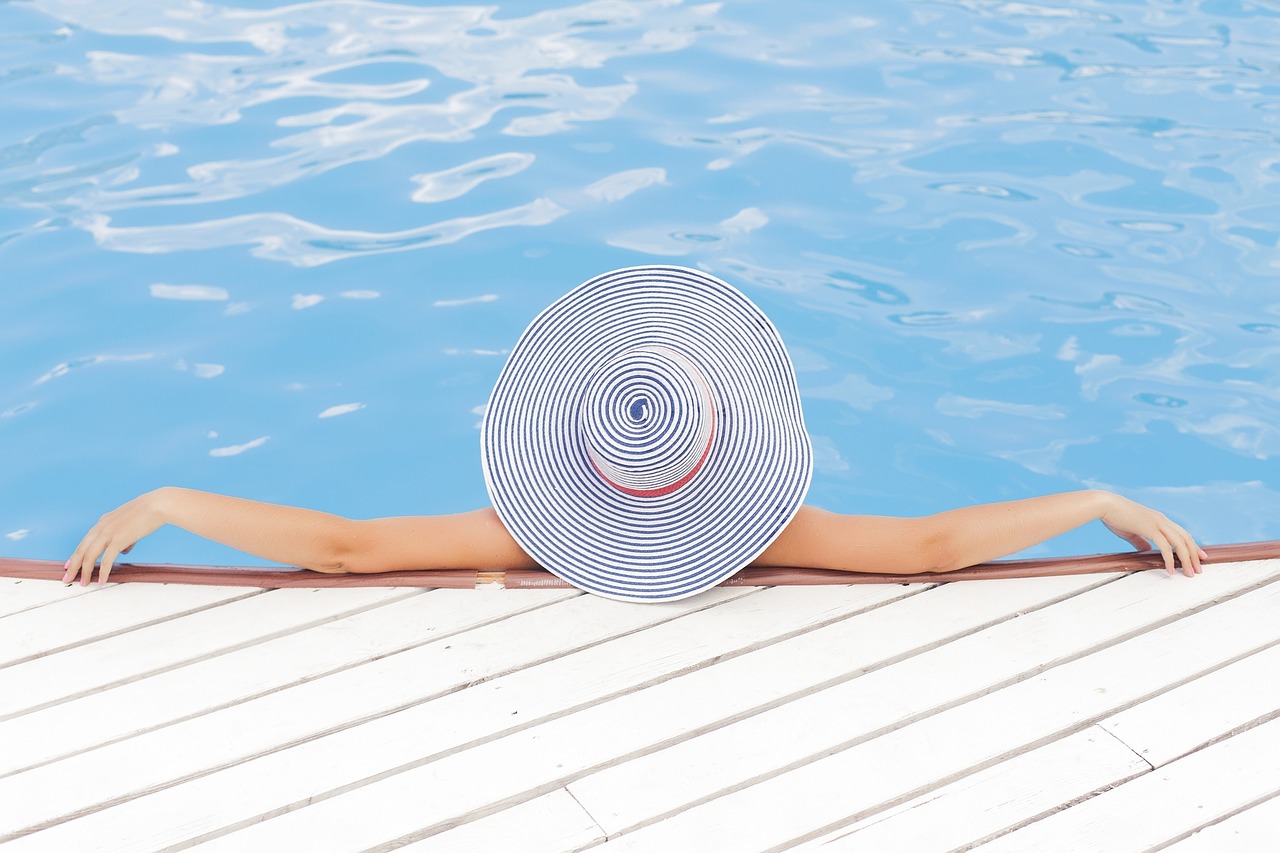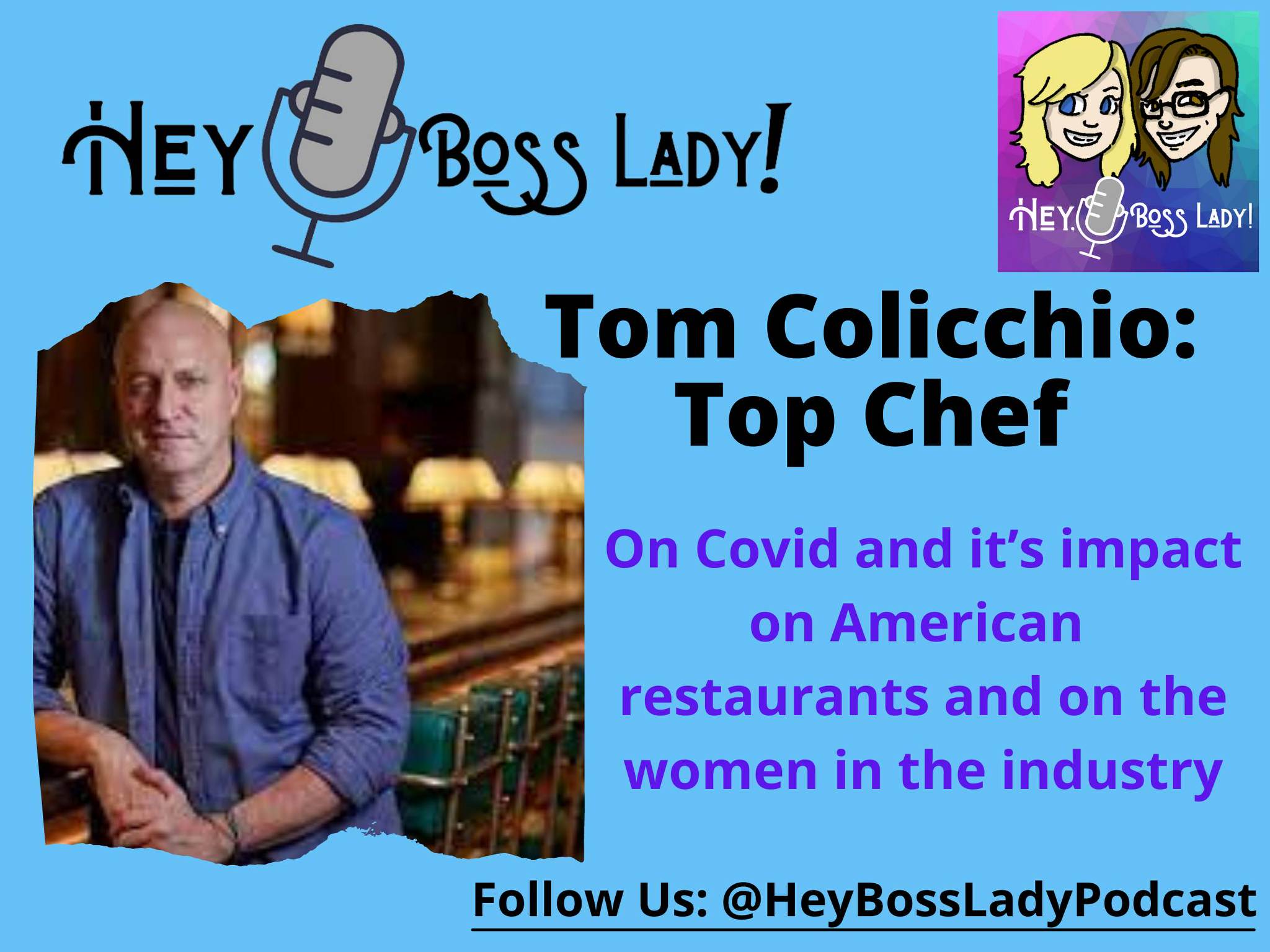It is amazing what we need research to justify before we are willing to pause long enough to potentially heed the advice. You would think that the benefits of taking periodic rest breaks and taking time off for a vacation would not need to be researched to convince you it is a good idea. If a successful life and well-being were only that easy, I would not have a job!
I wrote the following piece for a career site I like a lot, MsCareerGirl.com
Take a Vacation. It May Save Your Life
Do not follow your mother’s example! If you have ever heard yourself say, “Mirror, mirror on the wall, I am my mother after all,” I suggest you look again when it comes to working habits and taking vacations because a vacation may save your life.
Pause for a moment and think about how you would respond to these questions.
- Did your mother hold a job outside the home?
- Did your mother start a business from home?
- Do you remember your mother ever taking a vacation?
- How much does it cost to take a two-week vacation?
- Do you know how much it costs to spend two weeks in a hospital?
- Do you know how much it costs to see a licensed therapist on a regular basis because you are so stressed with your daily schedule it is the only way you allow yourself to take a break?
Vacations and Health
Those might seem like unrelated questions, but a new 40-year study published in the Journal of Nutrition, Health & Aging prove they are directly related to your health and risk of dying sooner than you should. One of the most startling findings from the study was that participants who took less than 3 weeks of annual vacation had a 37% higher risk of dying than those who took more than 3 weeks.
There is one major contextual shortcoming in the study. All the participants were male. Now before you get too stressed (which is not good for your health), remember that the study was probably started before you were born. In fact, the study was probably started before your mother even started high school. Think about what you know of the time period 1974 and 1975 when the study began. The purpose was to study the health habits of ‘businessmen’ – the terms ‘businesswoman’ or ‘businessperson’ were not even used.
Who’s The Role Model?
So, what do your mother’s work and vacation habits have to do with all this? A lot. Like it or not the first generation of achievement-oriented females did not have role models to emulate when they started their careers. They had male models. The first generation of working women followed the perceived path to economic success set out by their male counterparts. Now, the Helsinki Businessmen Study once again proves that it was not the best model to follow.
A working model that includes long commutes, excessive work hours, overscheduled calendars, and the inability to take regular and rejuvenating breaks – vacations – leads to the development of prolonged and chronic stress. Prolonged stress is that kind of stress that is silently built into every aspect of your daily working life. It is the kind of stress that unknowingly brings from the moment your alarm startles you awake, and you begin to run through your daily “too much to do list.” By the time you have made it to the bathroom to brush your teeth, and you look in the mirror, you most likely silently told yourself you did not look like you slept so well. That makes you wonder how the heck you are going to get anything done that day, never the less all you have on that endless list.
Prolonged Stress
Any of this sound familiar? Imagine, you have not even made it through your morning ritual, and you have already added to yesterday’s stress impact. And so it goes. That is prolonged stress. It is the insidious, silent nature that compounds the negative impact, building and weakening your resilience. This happens whether you love your job and you are highly engaged in your work or have a job you wish someone else would do for you. The impact of neglecting regular, rejuvenating breaks from your work is the same. That is why the Helsinki Businessmen’s Study is so important.
The study does not suggest you not put forth the intentional effort to success at your biggest and wildest dreams. It is just proving that without regular vacations – and the study points to 3 weeks or more per year – you might achieve your goals, but you will die before you get to enjoy the benefits.
This guest post was authored by Andrea Goeglein
Psychologist, Andrea Goeglein Ph.D. specializes in human development, stress reduction, and work-life balance. She is the author of Don’t Die With Vacation Time On The Books and is the Founder of Serving Success, a Las Vegas advisory that helps individuals, entrepreneurs, CEOs, and business leaders apply Positive Psychology to help them reach their goals while increasing their levels of happiness, productivity, and satisfaction.
Often called a “Success Sherpa,” Andrea prides herself on carrying the information that nourishes her client’s careers and personal success. Andrea holds a Ph.D. in Organizational Psychology, a Masters in Human Resource and Organizational Development, and she’s also a Certified Happiness Coach, a Mentor Coach, and a Positive Psychology Coach.




